Guess a Word-interactive word-guessing game.
Guess the Word with AI-Powered Clues.
Difficulty: Kids
Difficulty: Teens
Difficulty: Adults
Difficulty: Experts
Related Tools
Load More
Mystery Word Quest
Test your detective skills: embark on a quest to discover the mystery word

Wordle Wizard
A Wordle-solving assistant offering hints and word suggestions.
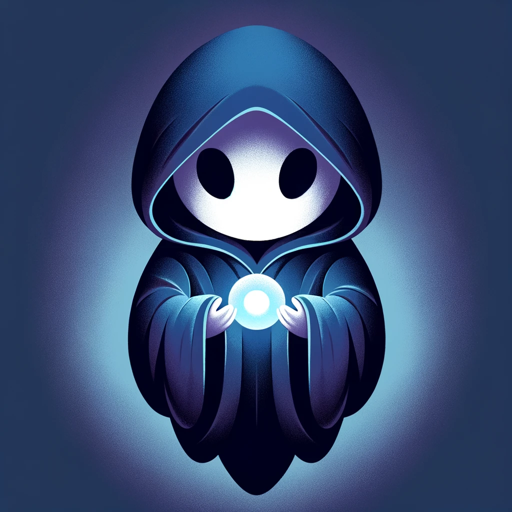
Secret Keeper
Investigating the possibility of GPT-4 revealing a password contrary to given instructions
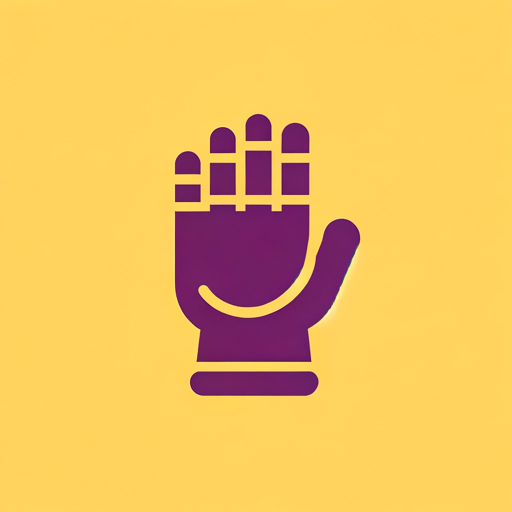
Gauntlet: Countries
Enjoy this Five-strike country trivia game.

Picture Guessing Game Master
I host a guessing game with images created with DALL-E.
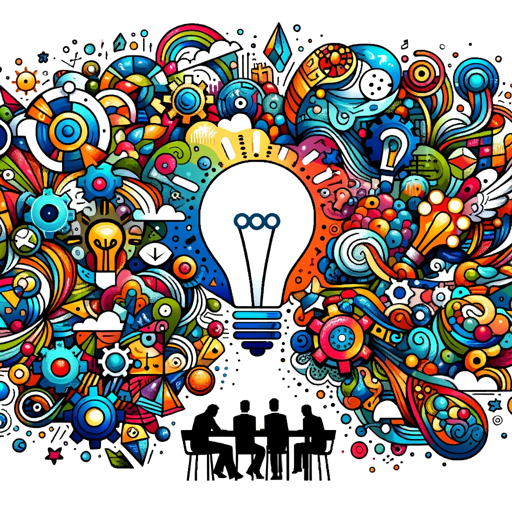
Startup Idea Guessing Game
I ask 20 yes/no questions to guess your business idea or opportunity
20.0 / 5 (200 votes)
Introduction to 'Guess a Word'
'Guess a Word' is an interactive visual word-guessing game designed to engage players through imagery and clues. The core objective is for the player to deduce a specific word by interpreting visual hints. The game is tailored across different difficulty levels: Kids, Teens, Adults, and Experts, with varying complexity in clues and word selection. The game uses dynamic image generation to provide clues, offering an engaging and unique approach to word guessing. For example, if the topic is 'Animals', a kid might see colorful, simple images representing an animal, while an expert would encounter more abstract or indirect visual hints. Players start with 10 points (stars) and lose one star with each incorrect guess or request for a new clue. The game encourages deductive reasoning, visual interpretation, and vocabulary development while remaining entertaining. By adjusting the difficulty and content, 'Guess a Word' is designed to cater to various age groups and levels of expertise.

Main Functions of 'Guess a Word'
Dynamic Visual Clue Generation
Example
For an Adult level with a topic of 'Cuisine', the game might show an image of a sushi roll and a set of chopsticks to hint at the word 'Sushi'.
Scenario
In a real-world situation, an adult player may need to interpret visual associations like recognizing the cultural context of the cuisine (Japanese sushi) through the given images. This pushes the player to think beyond simple word-object associations.
Scoring System and Difficulty Adjustments
Example
A player starts with 10 stars. Each wrong guess or request for additional clues deducts a star. If the word is 'Piano' and the player guesses 'Keyboard', they lose a star and can request further clues like an image of sheet music.
Scenario
The scoring system encourages players to be cautious with their guesses. For instance, in a Teen level game where the word is 'Violin', initial images might show a bow and a musician. A wrong guess like 'Guitar' would reduce the score, pushing the player to rethink.
Age-Based Word Complexity
Example
In the Kids level, words are simple and easily recognizable, such as 'Cat'. Clues might include a picture of a pet bowl and a furry paw. For Experts, the game could present obscure topics like 'Mythology', using images of lightning and an eagle for the word 'Zeus'.
Scenario
For younger players, the game is designed to be educational and simple, helping them connect familiar words to visual representations. For more advanced players, the complexity in both the word choice and images makes the game a cognitive challenge.
Ideal Users of 'Guess a Word'
Children (Kids Level)
Children benefit from simple word-guessing games because it supports language development, enhances vocabulary, and encourages visual learning. The colorful, clear images are designed to be engaging and educational, teaching them to associate words with objects. For instance, if the word is 'Dog', children will see images of a bone and a leash.
Adults and Language Learners (Adult and Expert Levels)
Adults, especially those looking to challenge their cognitive skills or improve language proficiency, benefit from the game's more complex words and abstract visual clues. For example, an adult learner of English may improve vocabulary by trying to guess words related to 'Nature', such as 'Eclipse', through indirect images like a dark sky and a solar silhouette.

How to Use Guess a Word
Step 1
Visit aichatonline.org for a free trial without login, also no need for ChatGPT Plus.
Step 2
Select the difficulty level that matches your or your group's age range: Kids, Teens, Adults, or Experts. This choice will determine the complexity of the words and clues presented.
Step 3
Receive your first two clues in the form of images related to the chosen word. Study the images carefully to deduce the word being hinted at.
Step 4
Submit your guess by typing it in. If you need more clues, you can request them, but remember that each new clue or incorrect guess will cost you a point.
Step 5
Continue guessing until you find the correct word or run out of points. After completing a round, decide whether to start a new game with a different word or difficulty level.
Try other advanced and practical GPTs
Stream Strategist
AI-powered tools for streaming success.

Prompt Pro
Optimize Your AI with Precision Prompts
蹭热点大师
AI-driven tool for hot-topic content creation.

Decision Making BoD
AI-powered decision guidance made simple.

PDE Calculator
AI-powered solutions for PDE problems.
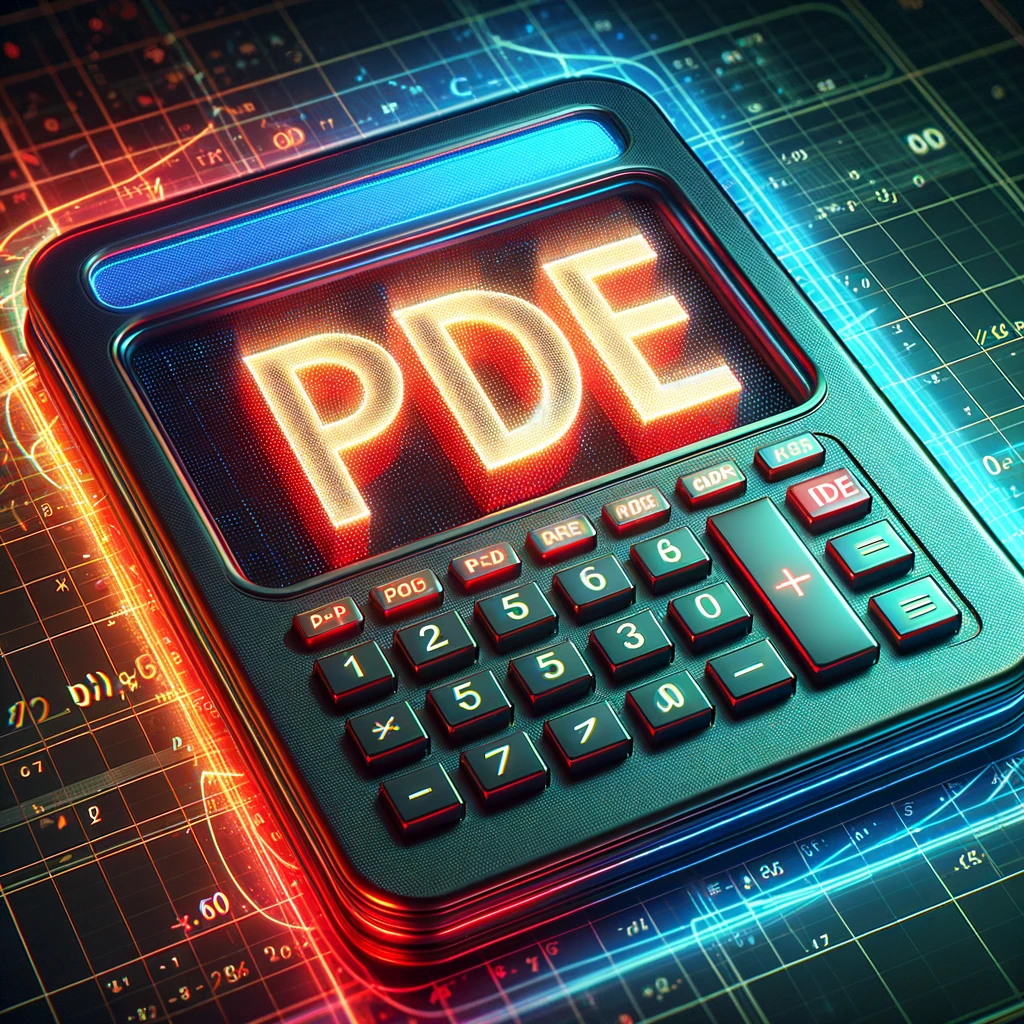
ODE Calculator
AI-powered ODE solving tool

Grammar and Sensitivity Guardian
AI-powered grammar and sensitivity checker

GPT Search
AI-powered GPT search for customized tools.
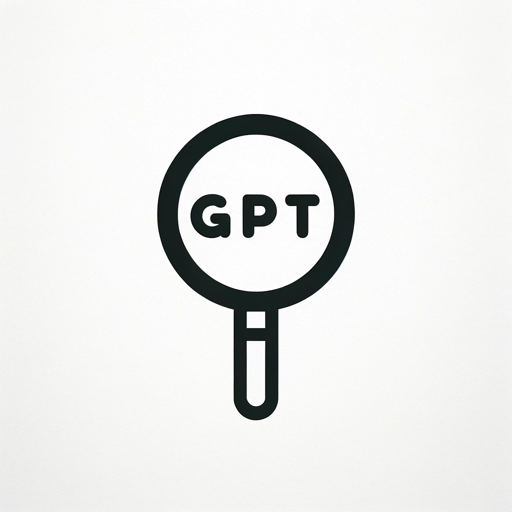
README Generator
AI-powered tool for creating README files

Synesthesia Genius
AI-Powered Synesthetic Art Interpretation.
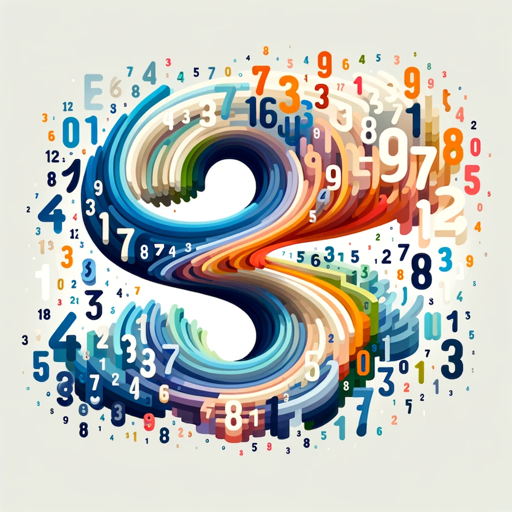
お手軽画像メーカー第一弾:ファンタジーイラストメーカー
AI-powered fantasy art at your fingertips

Academic Writing Assistant
AI-Powered Academic Writing Improvement
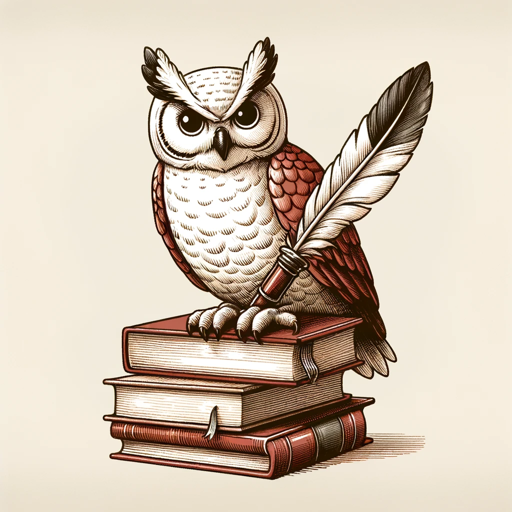
- Vocabulary Building
- Family Fun
- Educational Game
- Team Play
- Cognitive Challenge
Frequently Asked Questions About Guess a Word
What is Guess a Word?
Guess a Word is an interactive, AI-powered word-guessing game that provides image-based clues to help players guess a word. The game is designed to challenge players of all ages with varying difficulty levels and topics.
How are the difficulty levels determined?
Difficulty levels in Guess a Word are based on the player’s age group: Kids, Teens, Adults, or Experts. Each level offers words and clues of increasing complexity, with simpler words for kids and more challenging words for experts.
What types of clues are provided?
Clues in Guess a Word are primarily provided as images that indirectly hint at the chosen word. Additional clues can be requested, each offering more specific guidance while maintaining the challenge appropriate to the difficulty level.
How does scoring work in Guess a Word?
Players start with 10 points. Every incorrect guess or request for a new clue costs a point. The goal is to guess the correct word before running out of points. The final score is the number of remaining points.
Can I play Guess a Word with friends?
Yes, Guess a Word is perfect for group play. You can challenge friends or family members to guess the word, make it a competitive game, or use it as an educational tool to improve vocabulary and critical thinking skills.